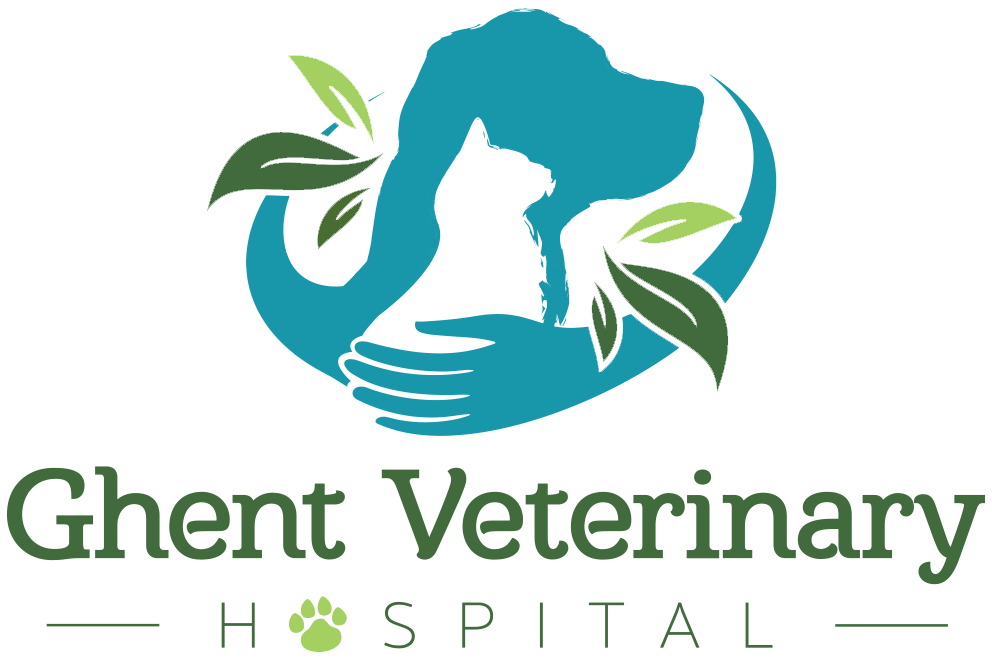By three years of age, over 70% of dogs and cats have signs of periodontal disease. Only the first stage is curable. All other stages are progressive and must be managed for the remainder of the pet’s life…which often involves extraction or removal of severely affected teeth.
Studies in dogs have shown that periodontal disease causes changes in the heart, kidneys, and liver. Keeping your pet’s mouth healthy is important to their overall health. Ghent Vet’s Dr. Marshall has pursued extensive dentistry training and has a strong interest in caring for your pet’s dental (and overall) health. We are proud to provide the most current dentistry services available.
All dental procedures are done under general anesthesia, as it is impossible to properly evaluate an awake animal’s mouth. Just like people, they typically don’t enjoy going to the dentist! Here is how the day unfolds for a dental procedure:
- In the morning, we will discuss any anticipated procedures such as extractions or periodontal treatments so you are well-informed and know what to expect.
- We will provide a detailed estimate within a price range — anticipating what will be necessary throughout the procedure. We cannot always provide an exact price prior to evaluating your pet’s teeth and radiographs.
- Pre-anesthetic bloodwork is done in-house prior to the procedure to ensure that all major organ systems are functioning properly.
- A sedative will be administered, and an intravenous catheter will be placed to allow for fluid therapy & medication during the procedure.
- All teeth are probed and checked for pockets or changes, with results recorded on a dental chart.
- Digital dental radiographs are taken on all patients. 90% of dental disease is beneath the gum line so we must use dental radiographs to fully evaluate your pet’s mouth.
- All teeth are ultrasonically scaled and polished.
We utilize oral nerve blocks (injections to numb the pain) to keep your pet comfortable long after the procedure is over. We also provide intravenous pain medication if any intrusive treatments are to be performed.
Only treatments recommended and approved by you will be performed. Most dental patients are sent home the evening of surgery along with instructions and post-operative medications. A soft food diet may be recommended and will be discussed with you.
All dentistry procedures that include a surgical procedure such as extraction will be rechecked 2 weeks after surgery to ensure proper healing.
Periodontal disease is very involved and often requires more than simple cleaning and scaling. Ghent Veterinary Hospital refers to dental procedures as COHAT – Complete Oral Health Assessment and Treatment. We are happy to discuss with you how dental health relates to the overall health and wellness of your pet!
Each time your pet is here for an exam, our veterinarians will perform an oral examination to determine if additional oral care is recommended. There are a few signs that your pet may need a comprehensive oral health and assessment treatment (COHAT), including:
- Bad breath
- Red, swollen gums
- Loose teeth
- Difficulty chewing
- Drooling
- Bleeding gums
- Loss of appetite
- Weight loss
- Lethargy
- Fever
If you notice any of these signs, it is important to schedule an appointment with your veterinarian to have your pet's oral health assessed. Dental disease is very common in pets and can lead to a number of other health problems, so it is important to get it treated early.
Ghent Vet specializes in comprehensive oral treatments, which are all.
Here are some tips for preventing dental disease in your pet:
- Brush your pet's teeth regularly.
- Feed your pet a dental diet.
- Give your pet chew toys.
- Take your pet to the veterinarian for regular dental checkups.


